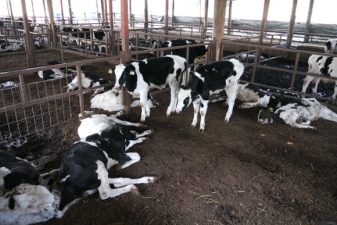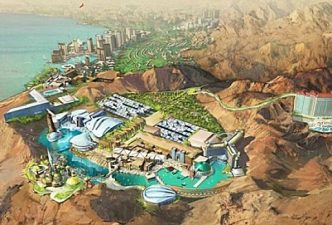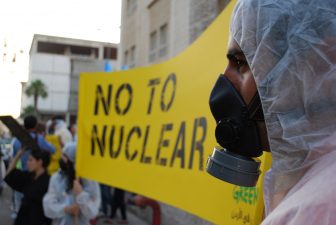 Despite the Fukushima nuclear power disaster, the energy minister of the United Arab Emirates states that they will stick by their nuclear energy plans
Despite the Fukushima nuclear power disaster, the energy minister of the United Arab Emirates states that they will stick by their nuclear energy plans
With Jordanians taking to the streets to protest the dangers of developing nuclear power and the recent nuclear accident in France following hot of the heels on the Fukushima disaster, you would think that the Middle East would be seriously re-thinking any nuclear plans. Well, you would be wrong. For the United Arab Emirates at least, nuclear power is still firmly on the table for future energy plans.
Speaking at the World Economic Forum’s ‘Annual Meeting of the New Champions’ in China, the United Arab Emirates Minister of Energy Mohammed Bin Dhaen Al Hamli said that the incident at the Fukushima nuclear station had not derailed the UAE’s nuclear plans. Rather, it had helped put a much greater emphasis on nuclear safety.
“Our strategy for nuclear power will not change because of the Fukushima incident,” he told Globes-Online. “We have a lot of oil and gas, but we must renew and diversify, including into nuclear energy.” The minister added that as the nuclear plans for the UAE were still in their infancy, they would be able to incorporate the latest safety features.
The UAE plans to construct four nuclear power plants, the first of which will be ready in 2017.The US$20 billion project is expected to produce 5,600 megawatts of energy which would provide up to a quarter of the Emirate’s electricity needs.
It has also been revealed these nuclear reactors will be built on the Abu Dhabi coast, just 300 kilometres away from the capital of the UAE. Consequently the government has been conscious of the need to hold various public events and consultations to address concerns that locals will be having.
The United Arab Emirates government has justified the four nuclear plants by pointing to the ballooning demand for electricity in the country. However, a recent report by the UK-based sustainability consultancy Carboun showed that energy subsidies in countries such as the UAE are pushing up the consumption of electricity by keeping prices artificially low. As such, consumers are using more and more as they are cushioned from impact of high costs.
With this in mind, a carefully considered policy which takes into consideration the use as well as cost of electricity seems the more logical solution than building four very expensive nuclear reactors. Whatsmore, the UAE has one of the largest carbon footprints in the world and yet plans to generate only around 3% of their energy from renewable sources by 2020.
:: Globes-Online and The National
: Image via Paul J Everett/flickr.
For more nuclear power in the Middle East see:
Jordan Pushes On With Its Nuclear Plans
Despite Japan, Turkey Goes Ahead With Nuclear Reactors
Risks Of Nuclear In Volatile Middle East



